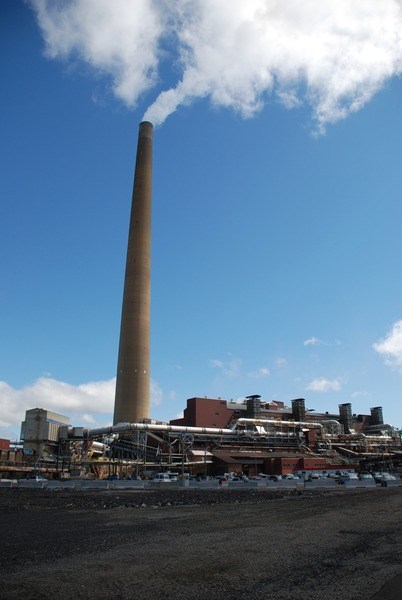Back to work.
After almost a year on the picket line, striking Steelworkers at Local 6500 in Sudbury and Local 6200 in Port Colborne voted about 75 per cent July 9 to ratify a five-year deal with Brazilian mining giant Vale, four days short of a year of going on strike.
Eighty per cent of workers in Sudbury are expected back on the job within four weeks and the remaining 20 per cent within in six weeks.
Picket lines that went up July 13 last year at Vale's Ontario operations were dismantled after the deal was ratified by 75.5 per cent of members who voted in Sudbury and 74 per cent in Port Colborne.
It was the longest strike in Sudbury's history and the longest strike in Vale's 68-year-history. There have been nine strikes at the former Inco operations in Sudbury since 1958, including an 8 -month one from Sept. 15, 1978 until June 7, 1979. It remains the biggest strike in Canadian history in terms of lost workdays.
The Ontario Labour Relations Board will decide whether the cases of nine Steelworkers fired during strike should go to arbitration, as the union is seeking. The USW has withdrawn the remainder of its bad faith bargaining complaint against Vale and the company has withdrawn its multiple civil suits against the union.
About 120 United Steelworkers Local 9508 members are still on strike against Vale Inco at its fly-in Voisey's Bay nickel mine in northern Labrador. They went on strike last Aug. 1. Negotiations at Voisey's Bay are due to resume July 19.
Vale says it won't replace about 500 workers who retired during the strike. The new agreement allows the company to eliminate 113 positions, but Vale says it is hopeful more retirements and people who quit during the strike will cover the number.
The new contract calls for workers to receive a raise of nearly $2.50 an hour by 2014, made up of 90 cents an hour in increases over five years and a cost of living allowance. The average hourly wage in Sudbury when the strike began was about $29 per hour. Workers will also receive a $2,000 signing bonus.
A key issue in the strike was Vale's insistence upon substituting a defined contribution pension plan for new hires in place of the defined benefit or guaranteed plan all employees had before.
While improvements were made from the original offer for a new pension plan for new hires the company was proposing, including provisions related to sickness, disability and benefits, the company largely prevailed on this key point.
But the USW resisted with some success Vale's attempt to cap production and maintenance workers' nickel bonus. The old nickel price bonus did not have a maximum limit. With Vale dug in on the point, the union managed to up the final offer five per cent in terms of the bonus cap to 25 per cent of workers' straight-time hours versus the 20 per cent Vale originally offered. The nickel bonus, however, won't be triggered now unless nickel is valued at $3.75 per pound instead of the old price of $2.25 per pound. The price of nickel per pound on the London Metal Exchange (LME) was about $8.68 per pound July 12. The USW says the new nickel bonus plan could still put an extra $15,000 a year in the pocket of the average member when nickel prices are high.
The 1,250 United Steelworkers Local 6166 workers here at Manitoba Operations in Thompson inked a three-year collective agreement with Vale Sept. 15, 2008 - the very day Wall Street investment bank Lehman Brothers collapsed. Workers voted 65.5 per cent in favour of the contract, which included wage increases in each year of the agreement consistent with their last contract, and pension improvements.




